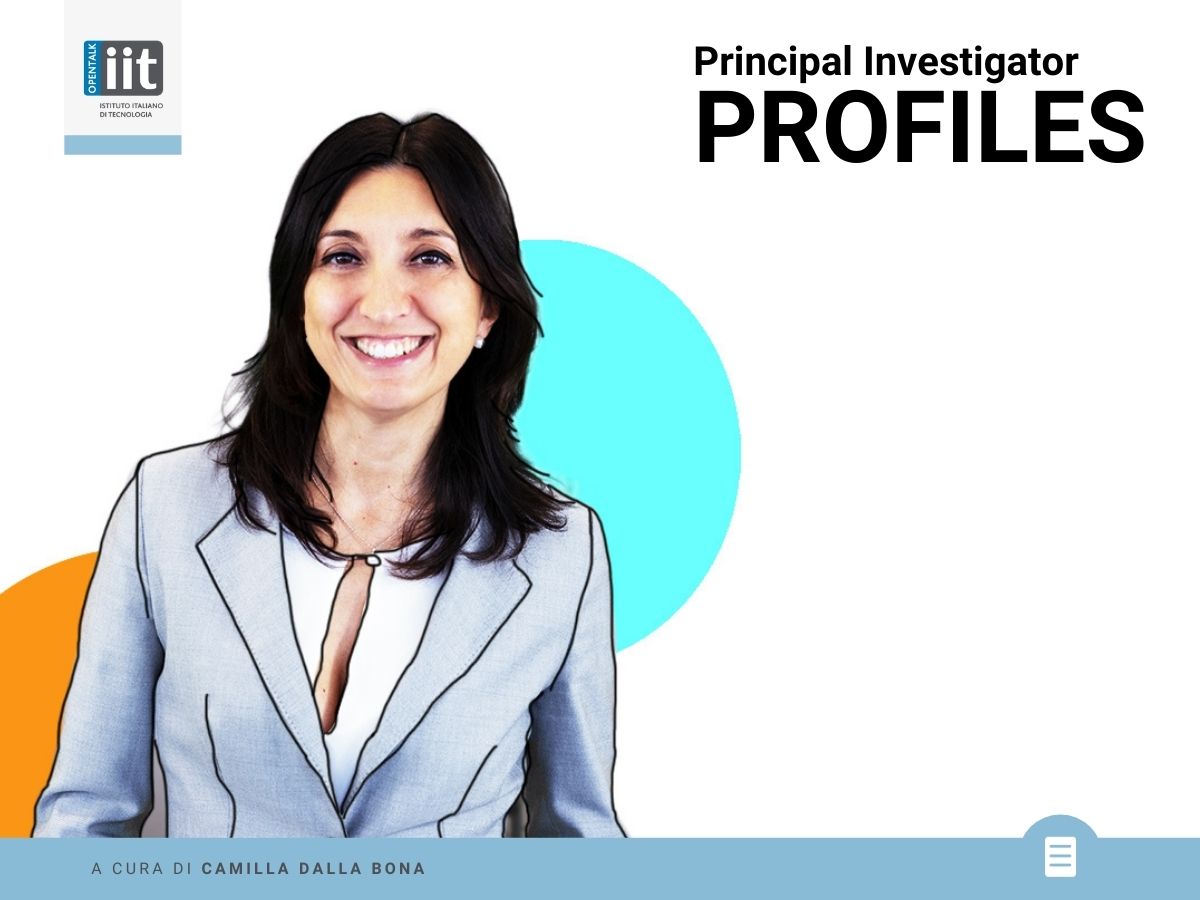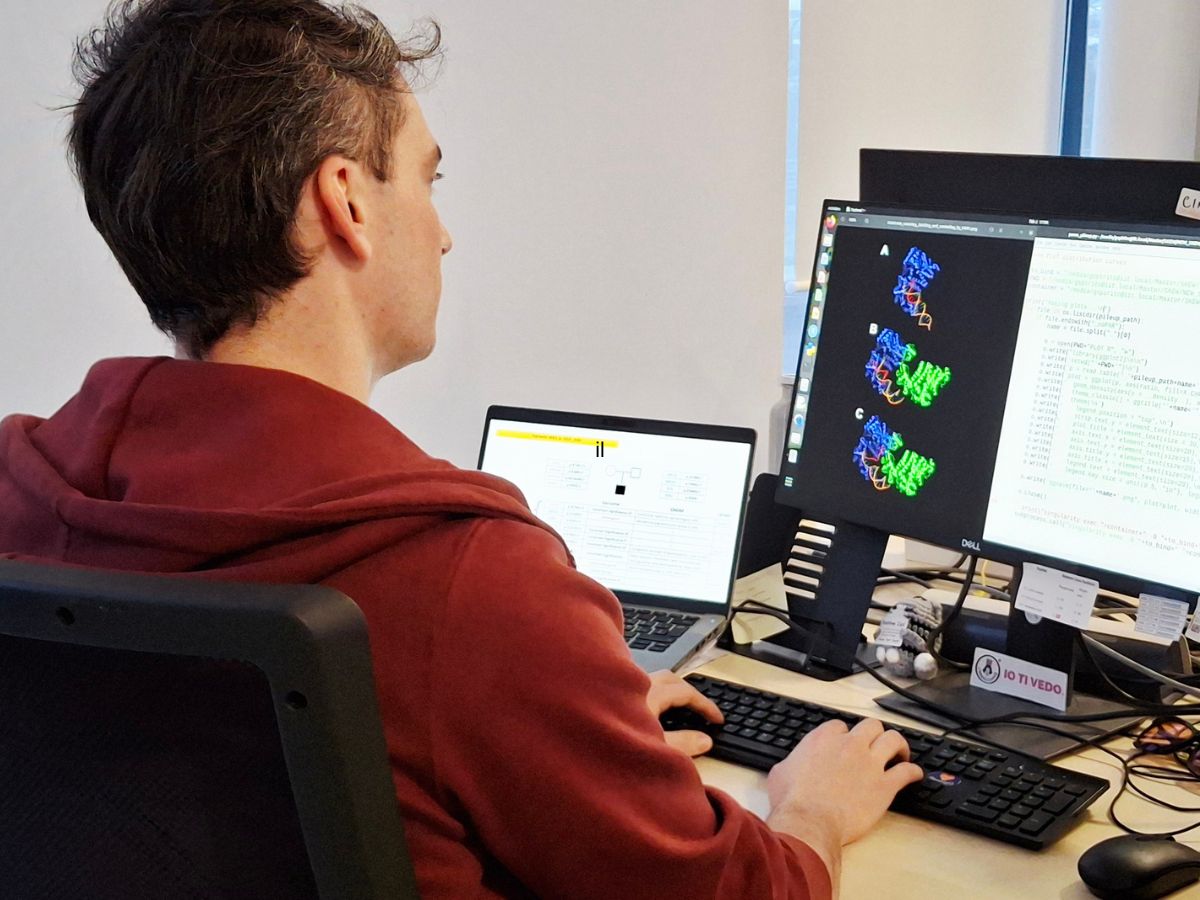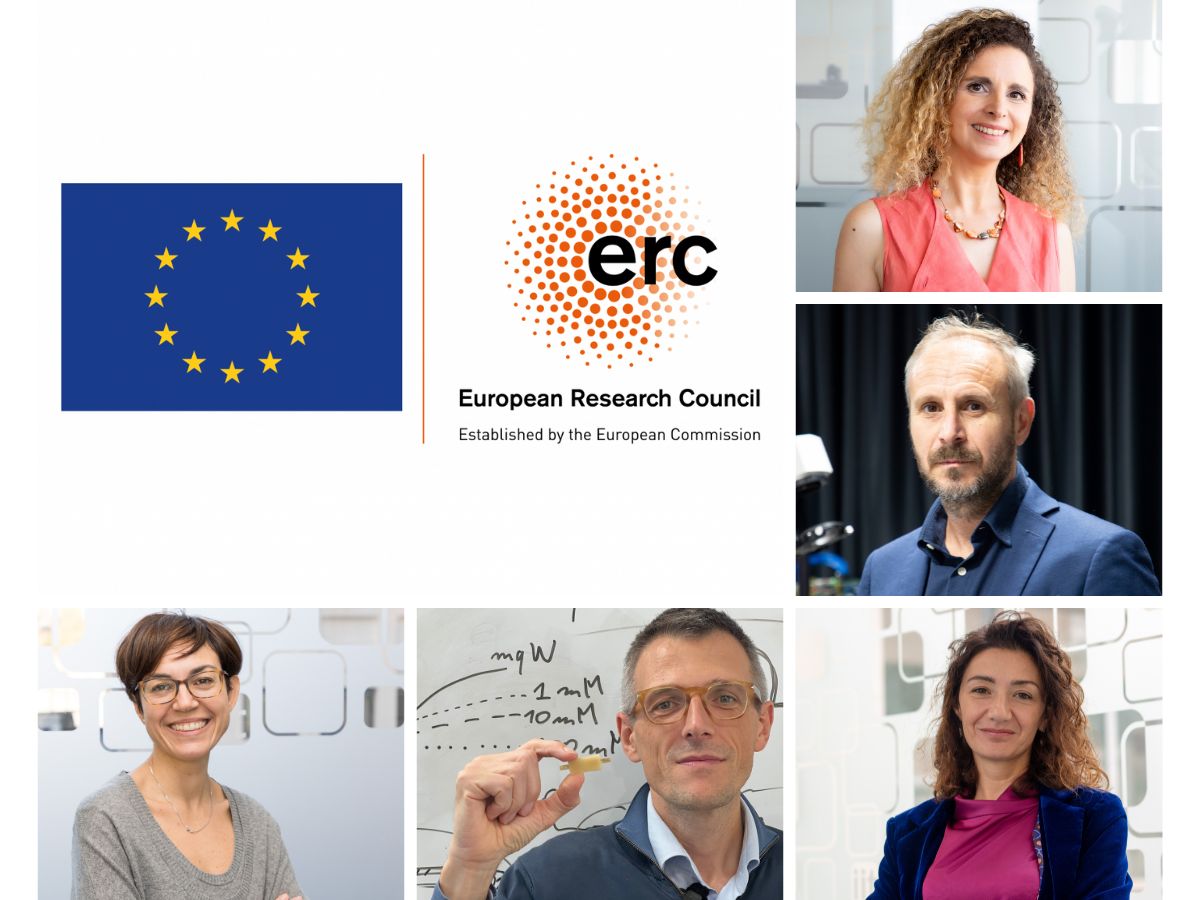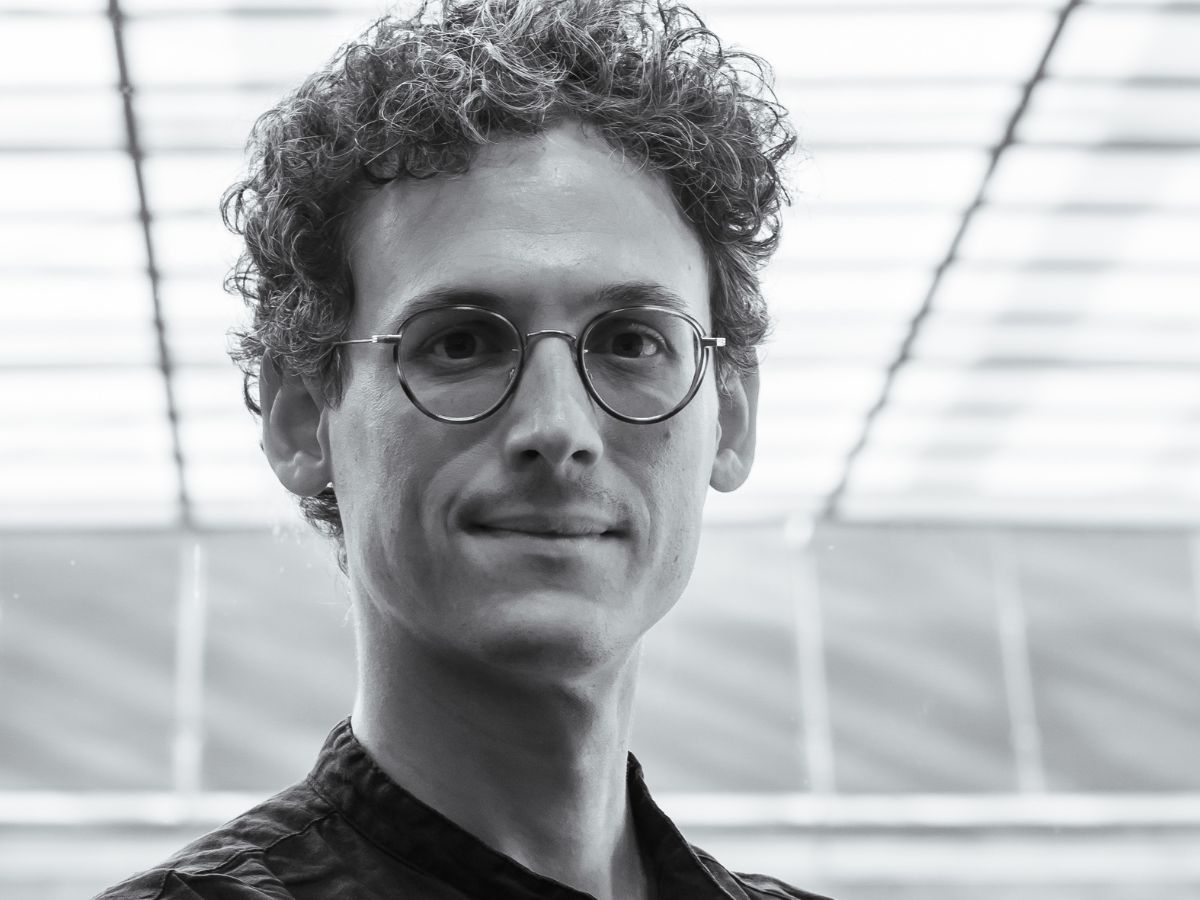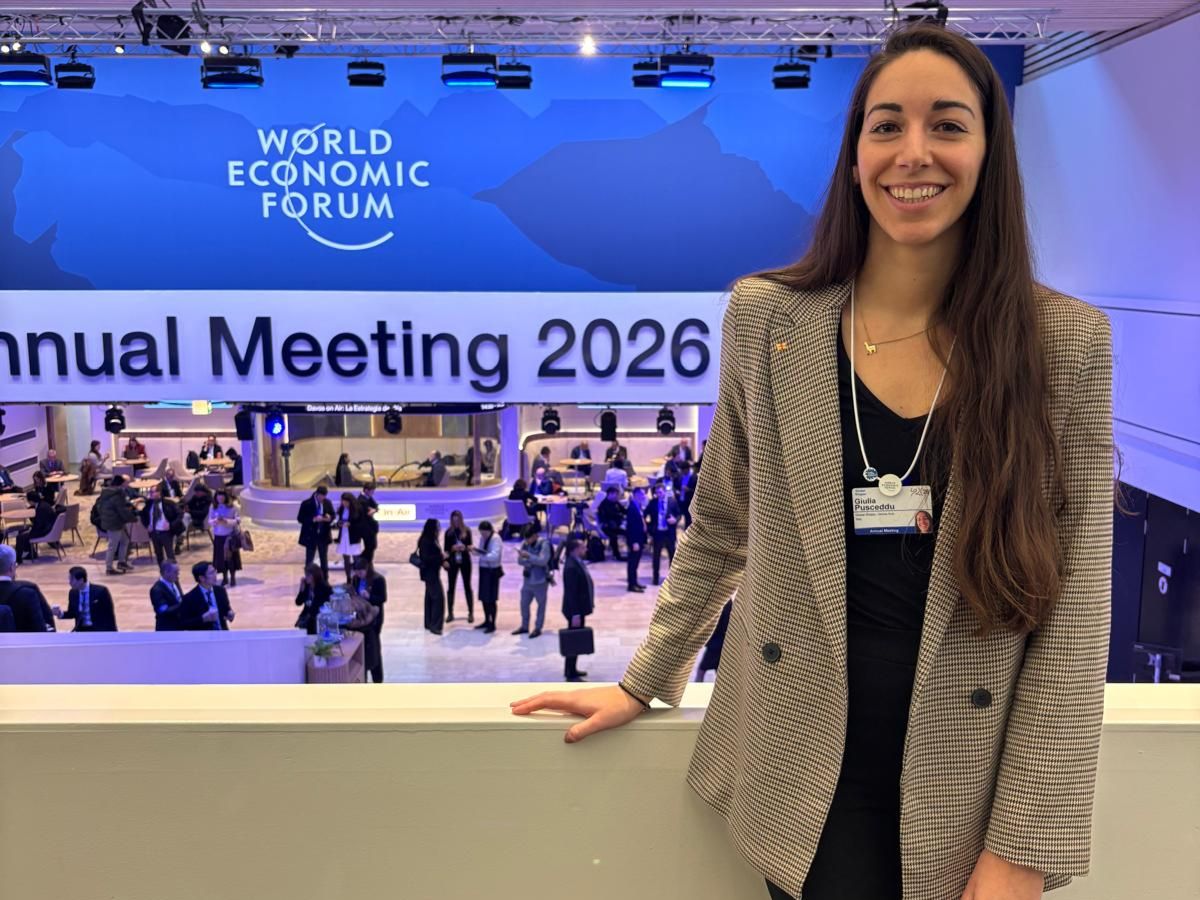Interview with Arianna Traviglia, Coordinator of the IIT Centre for Cultural Heritage Technology (CCHT@Ca’Foscari)
Name: Arianna
Surname: Traviglia
Born in: Treviso, Italy
Position: PI, Coordinator of the IIT Centre for Cultural Heritage Technology
What does your research team do? Technologies for cultural heritage, understood in a broad sense: ranging from machine learning and computer vision to ‘digitally recording’ cultural heritage from a material point of view or studying its contents, as in the case of texts or representations, to the characterisation of the materials that they are made up of and protected by protective layers. In addition, we are opening up to the possibilities of robotics for the digitisation of material culture.
Did you think of going into this profession as a child? Not in this way. I wanted to be an archaeologist (and I succeeded) but when I was ‘small’ there still wasn’t all the technology we have available now and I certainly couldn’t imagine that I would coordinate such a multidisciplinary group like the one I work with today on the protection of cultural heritage.
If you hadn’t done this job, what would you have liked to do? Be a cartographer or an ethologist: the former, an area that I tangentially dealt with in my career working on cultural landscapes, the second completely disconnected from my current research area and more tied to my personal sphere of interest.
The time you wanted to drop everything and do something else: Never
“Publish or perish”– How much does the pressure of publication influence your days and your career choices? Writing is almost a natural passage of research: while doing research it is natural to write down your impressions, keep a diary of the activities that take place, keep track of hypotheses and attempts, sometimes fruitful other times pointless, then “reporting” our thoughts is an integral part of our work. Publishing is one further step: it makes us face the possibility of having our work judged and therefore obliges us to get greater clarity on ourselves first of all. However, in recent years, and especially for some disciplines, we have come to a situation in which, in order to write and increase the number of publications, we end up also writing many useless things, just to ‘make up the numbers’ and this is obviously to the detriment of quality. I come from the humanities where the number of publications is generally much lower than that of the more technical disciplines, for the simple reason that the research is based on long-term studies and patiently gathering information. This model is sometimes not sustainable and I do not fully defend it; however, many researchers also in the field of technical subjects promulgate a return to this “slow science”, to publish when there is a result from research that is ready and valid to be presented and proposed, to be “fixed in time” and to avoid churning out unnecessary publications or relating to hasty and ill-considered research just to make up the numbers, with low-impact projects put together only to increase the amount of productivity. I think this requires careful internal reflection in the world of research.
When did you understand that you were going in the right direction? Every time my research fund application was accepted.
What’s your next goal? To expand the research contents in which the CCHT (Center for Cultural Heritage Technology) can express itself by actively collaborating with the various lines of research at IIT, even those that seem to have less relation to cultural heritage.
What is the most difficult aspect of your profession? To bring very disparate disciplines into dialogue with each other. My background is at the interface between technical disciplines and humanities, and sometimes making the needs of both worlds speak and coexist together is complex. There is still no common language due to too much monodisciplinary academic training. I hope that bodies like the CCHT help to change this paradigm.
The senior researcher must also take care of many bureaucratic aspects as a necessary condition. Apparently this is an aspect that is difficult to reconcile with research activity. How do you experience it? Right now, being able to coordinate a centre, with the related duties regarding personnel management, research activities, purchases, seeking funding, means spending very little time on research itself. Those born to be a researcher and not a manager cannot help but experience a little frustration with it.
Who should invest more in research than they do today? The Italian state on the one hand, private entities on the other. Patronage of the arts in Italy is not yet as developed as it is in other countries, primarily the United States where many of the great museums are institutions maintained by private funding that actually receive a marginal part of their budget from tickets, for example, and which generally also fund research in conservation and digitalisation. Think of Getty and the cutting-edge research it funds.
Is there enough talk of science outside of laboratories and academia? We begin to talk about it, yes, also thanks to the internet and the possibility of telling the story of science even more linked above all to television, compared to what was popular science in the past.
What would you say to your younger self who finished her doctorate: Retain that enthusiasm and passion for the things you do research on because that is the driving force that will keep you going.
Is working in different countries fundamental for a researcher? A ‘conditio sine qua non’ nowadays. You cannot think of not opening up to new ways of working, new approaches, new cultures.
If you could improve one aspect of research in general, which one would you choose? Streamlining bureaucracy, without hesitation.

